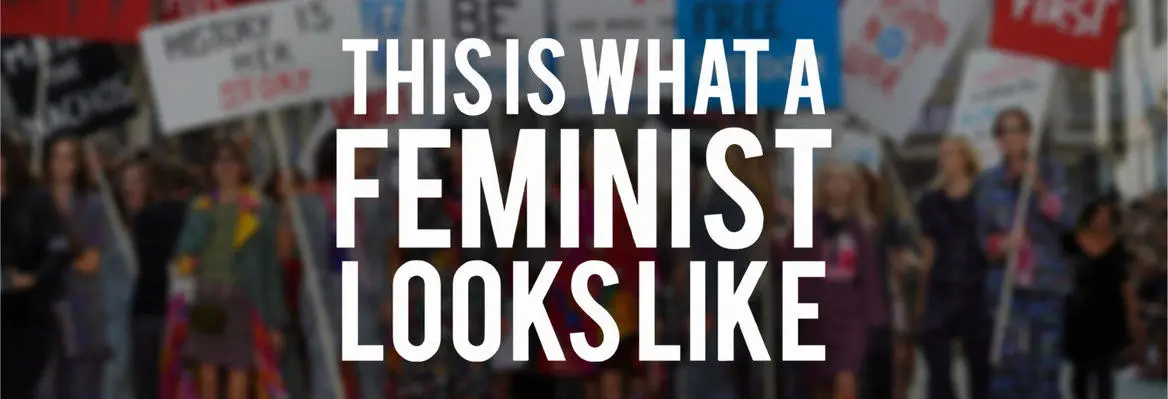“I myself have never been able to find out precisely what feminism is: I only know that people call me a feminist whenever I express sentiments that differentiate me from a doormat, or a prostitute”, wrote author and critic Rebecca West – a quotation that highlights the malleable nature of the movement as much as it does its importance. What is feminism? What makes one a feminist? And if equality between the sexes is its ultimate goal, then what is its definition of equality?
This last question is one that appears in our latest ethical debate, perhaps understandably given the subject matter. In Equality and Difference, former Green Party Leader Natalie Bennett, ResPublica director Phillip Blond and Unilever's Social Impact Vice President Marcela Manubens examine the consequences of an entirely equal society, and ask whether absolute equality in all aspects of working life is a desirable proposition. This would mean equal representation for all professions, with as many female football coaches as male nurses – is this a feminist ambition, or the result of a patriarchal model of feminism that ignores essential differences?
But there’s much more to say about this group, which now faces not just challenges to fairness in the workplace, safety on the streets and access to education but more nascent questions about the very nature of sexuality and gender. So find out what our collective of writers, scientists, economists and activists have to say on the subject right here, drawn from their writings for us.
1 - 'It takes more than being female and successful to be a feminist'
Finn Mackay | Activist, founder of the London Feminist Network and professor of sociology at UWE
"There is a misconception in the media that any woman who has a job must be a feminist, that any woman who has a lot of money must be a feminist, that any woman in a powerful position must be a feminist. What this shows is that out there in the public consciousness people associate feminism in some way with the power and success of women; that in itself is not a bad thing. But, feminism is a political movement, with decades of complex political theory and examples of successful activism and varying campaigns and achievements.
Not everyone is feminist, not everything is feminist, not every comment or decision that a woman makes or takes is a feminist comment or a feminist choice. I was unemployed for a few years and claimed benefits; that doesn't make me an expert on Marxist political theory. Most women would support the basic aims and tenets of feminism – I think that is uncontroversial. If more women are resisting and mocking the well-worn stereotypes of feminism and claiming this political label for themselves then that is a positive move. I hope that people follow that up by learning more about the exciting history and present of feminism as a global social movement."
Read Feminism at the Crossroads, a Q&A with Finn Mackay
2 - 'Feminism needs to adapt to respond to societal changes - and it hasn't'
Alison Wolf | Labour market expert, Director of International Centre for University Policy at King’s College London, author of The XX Factor.





















Join the conversation